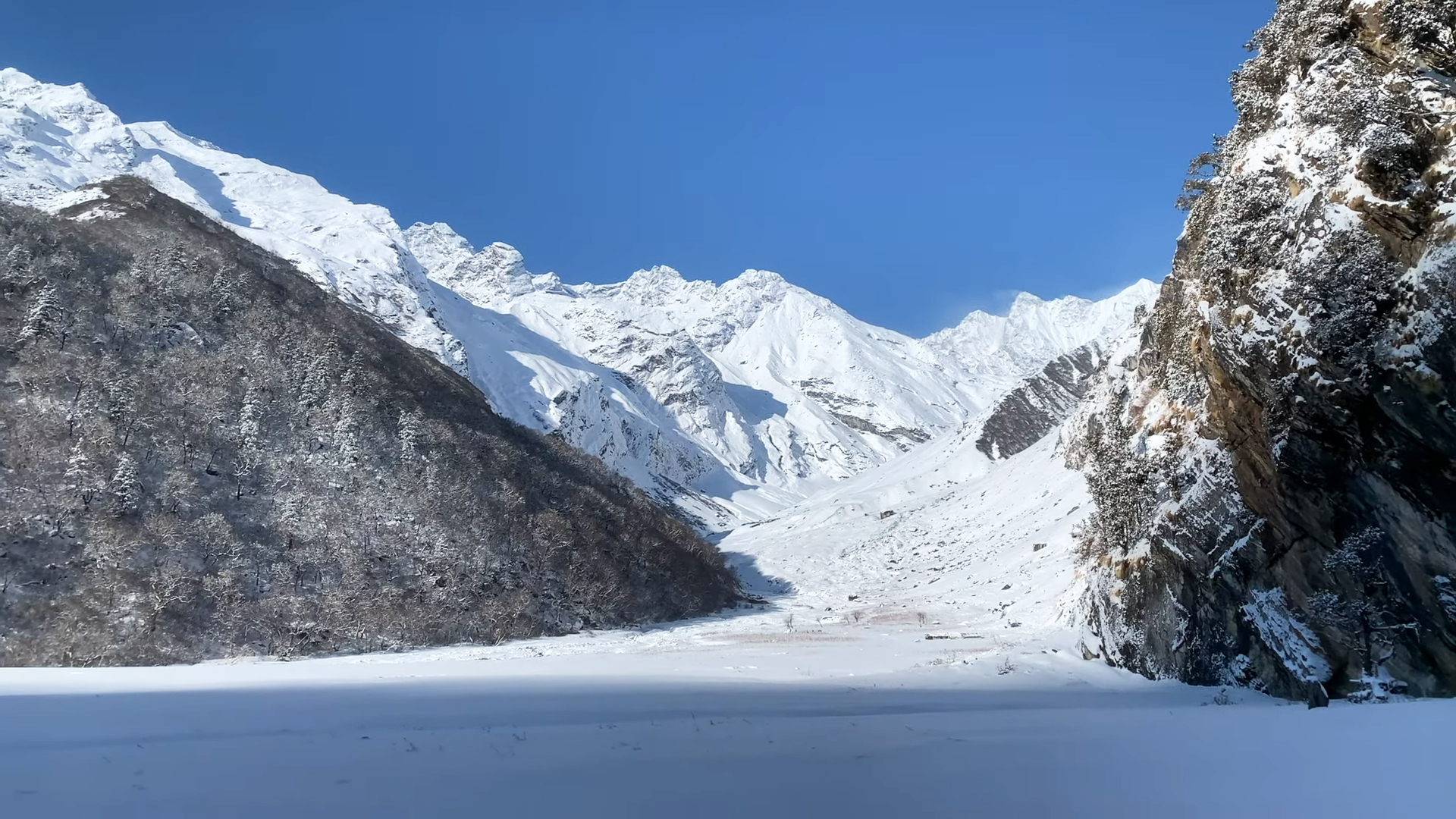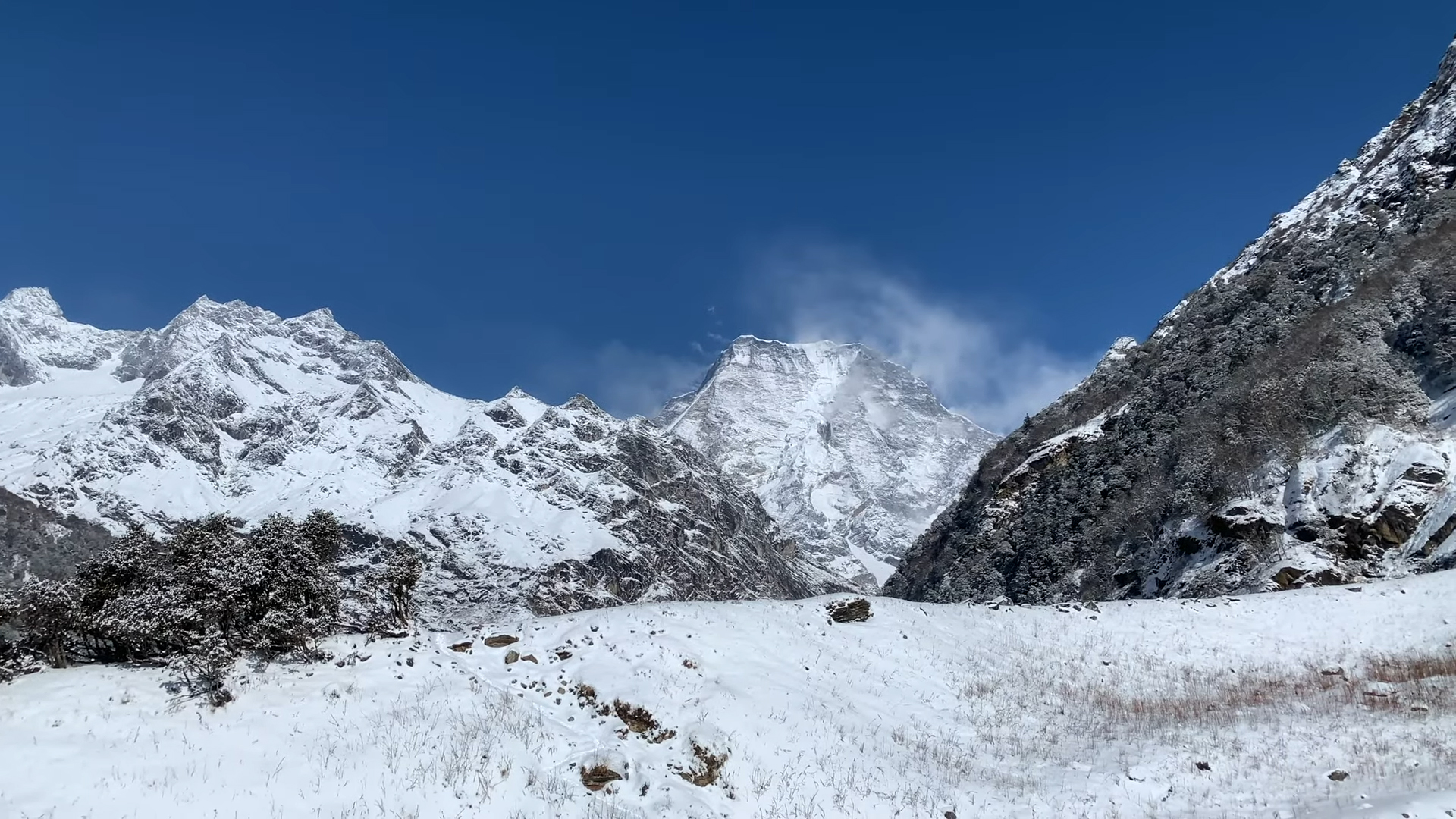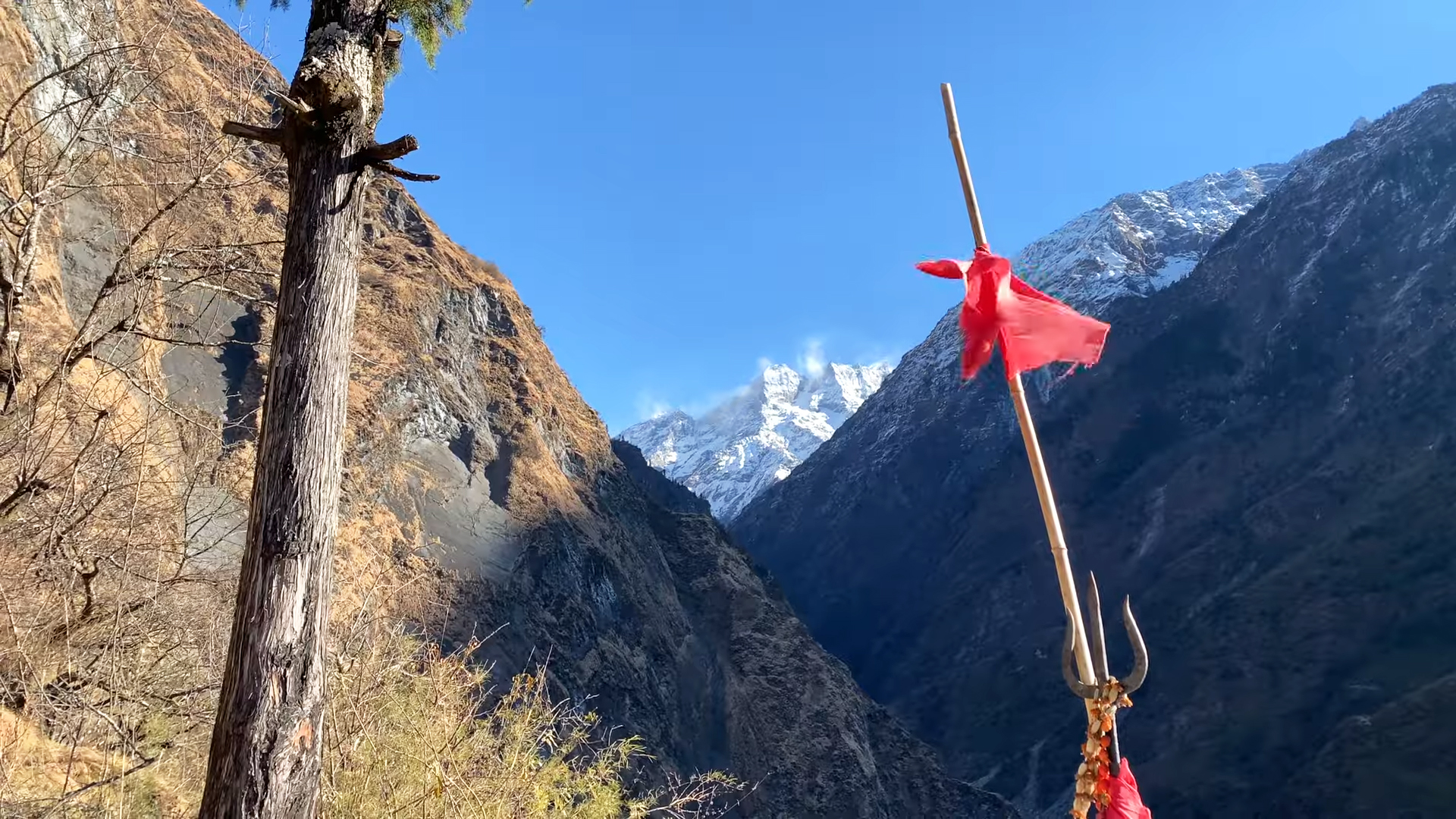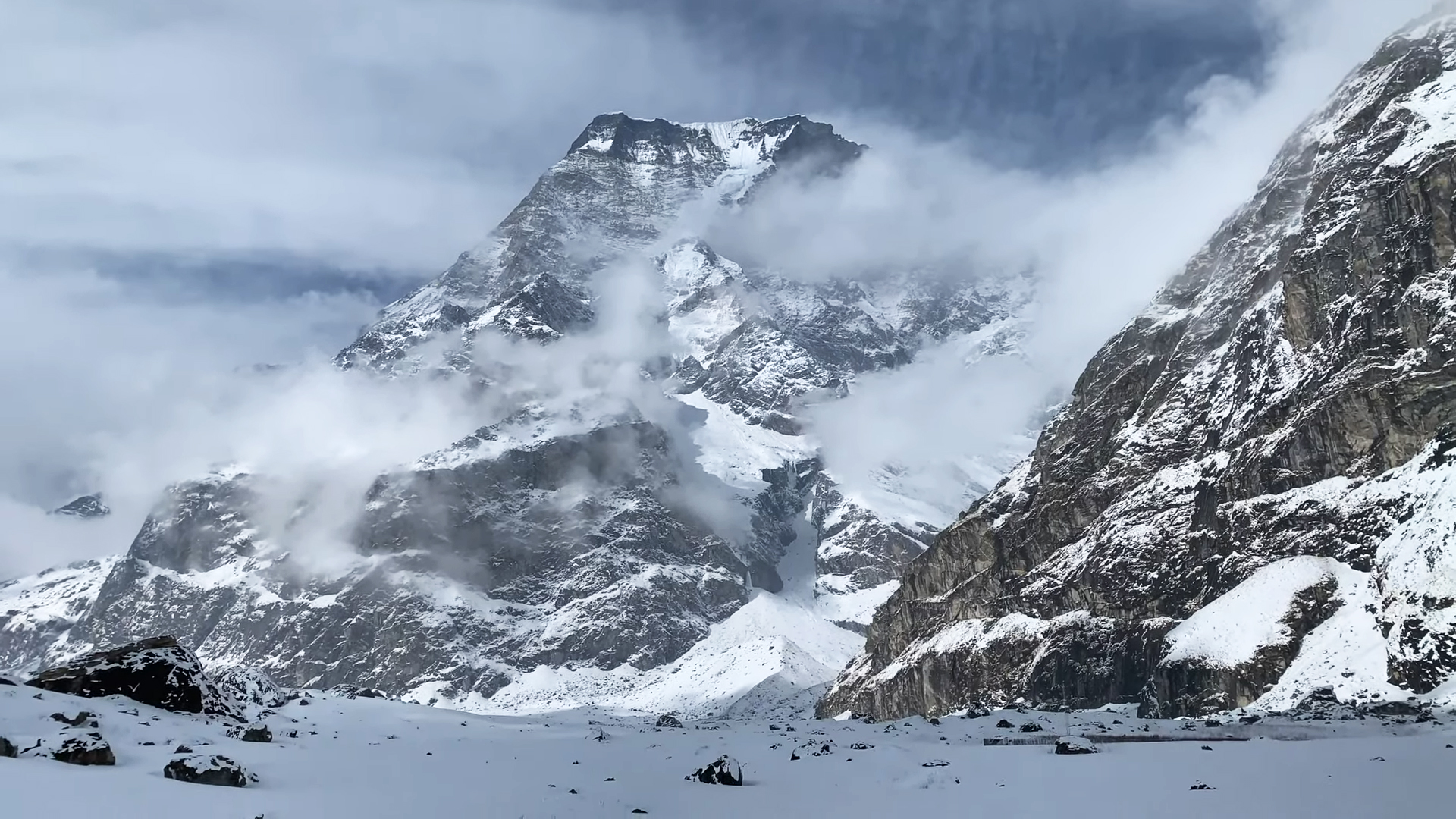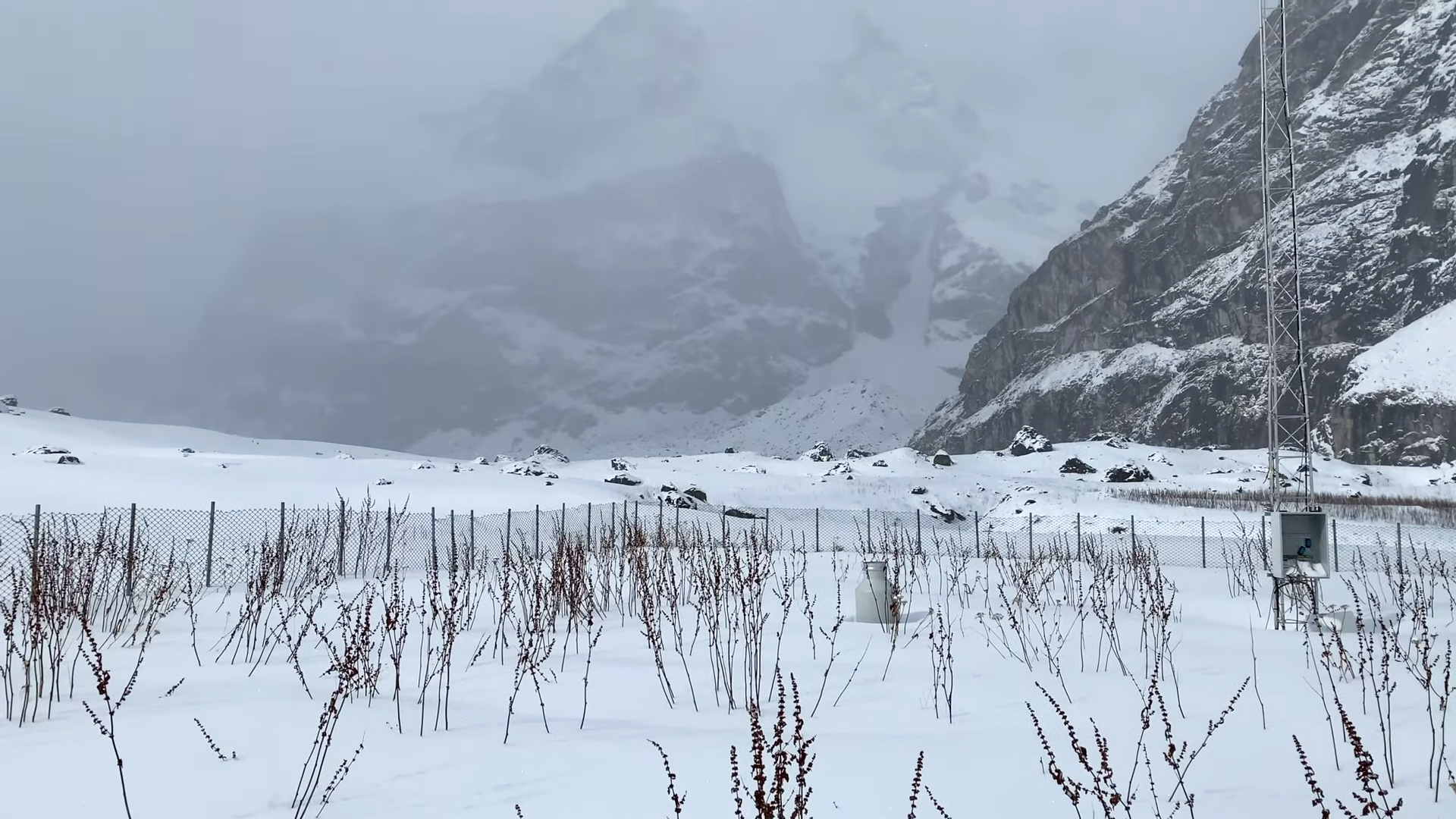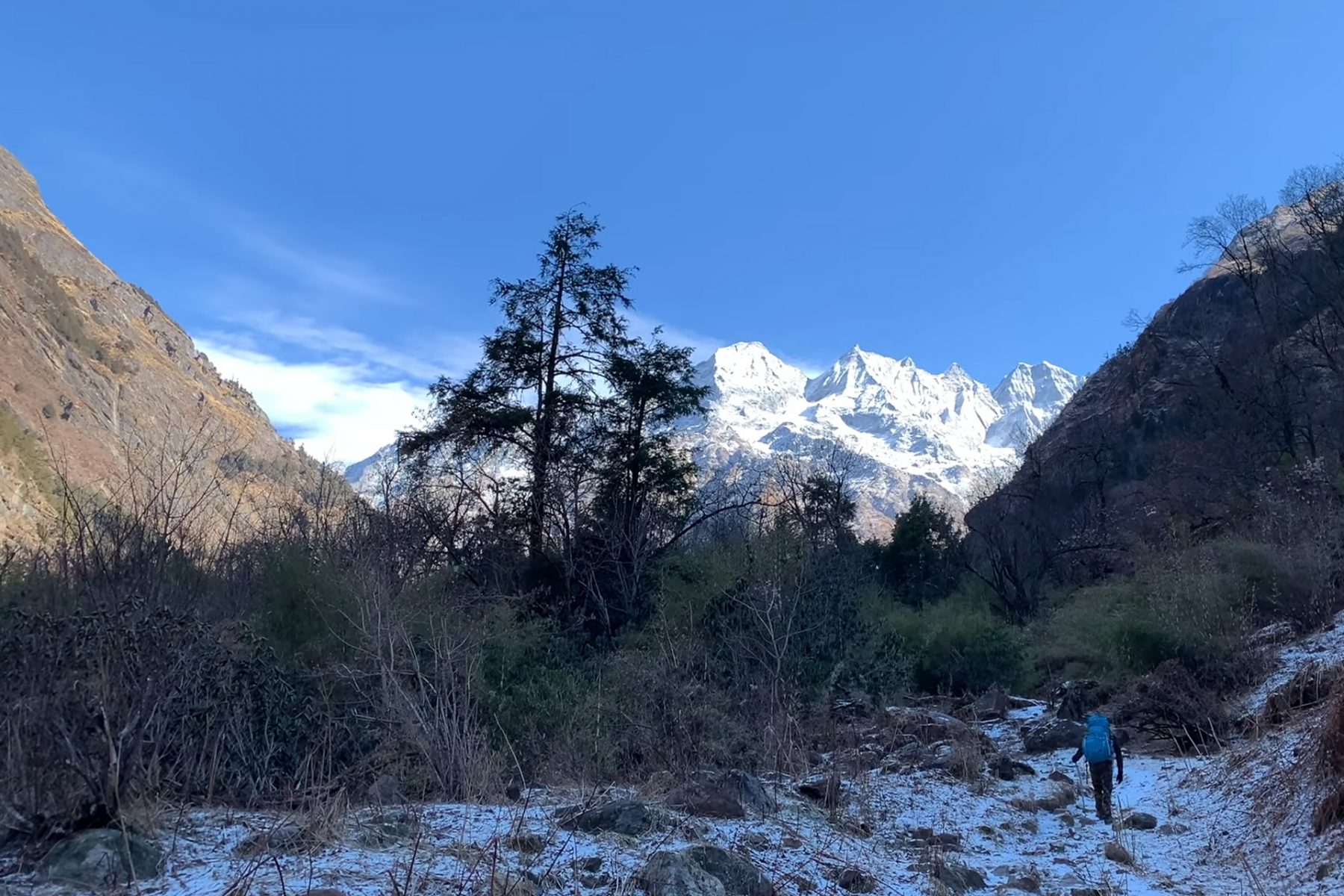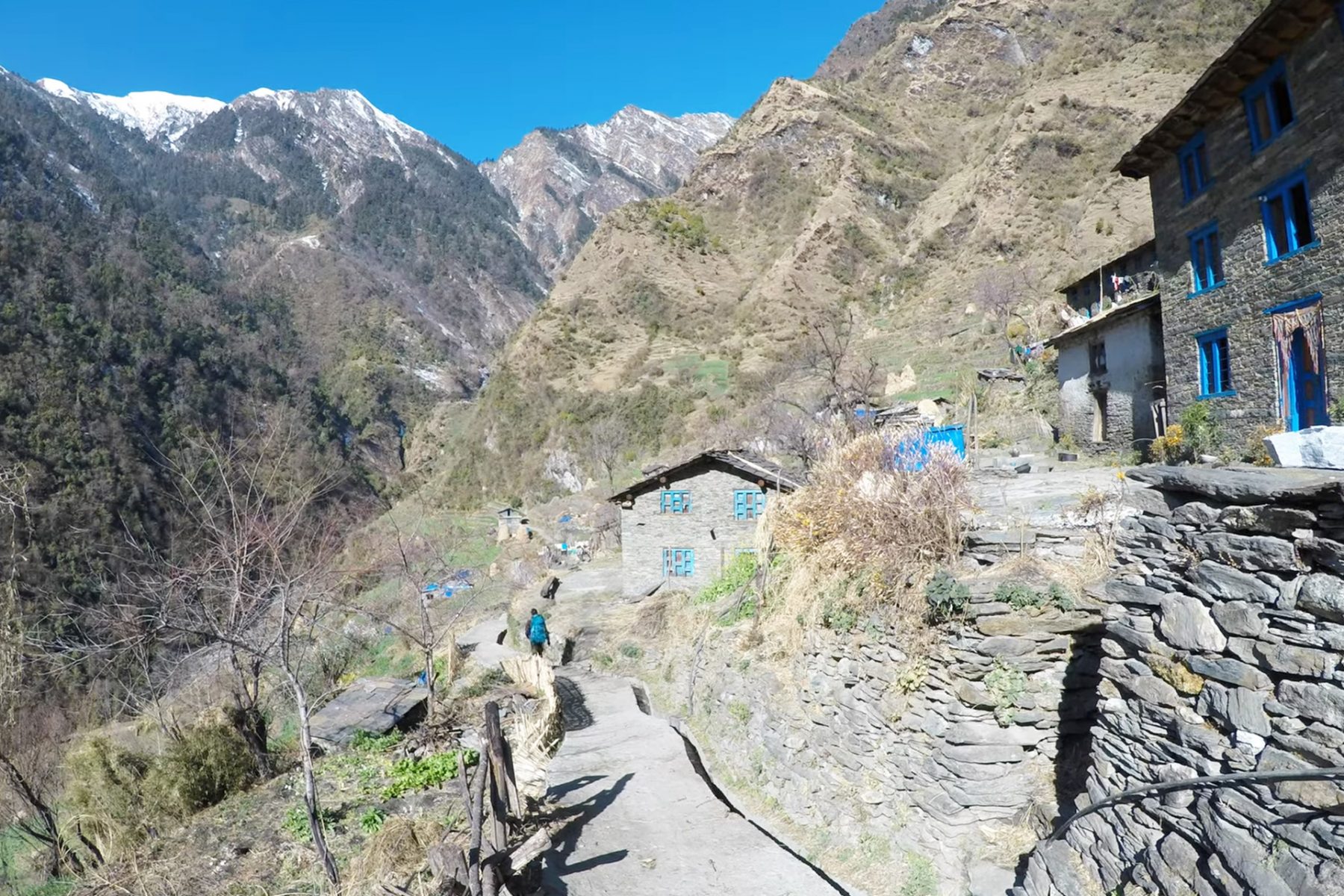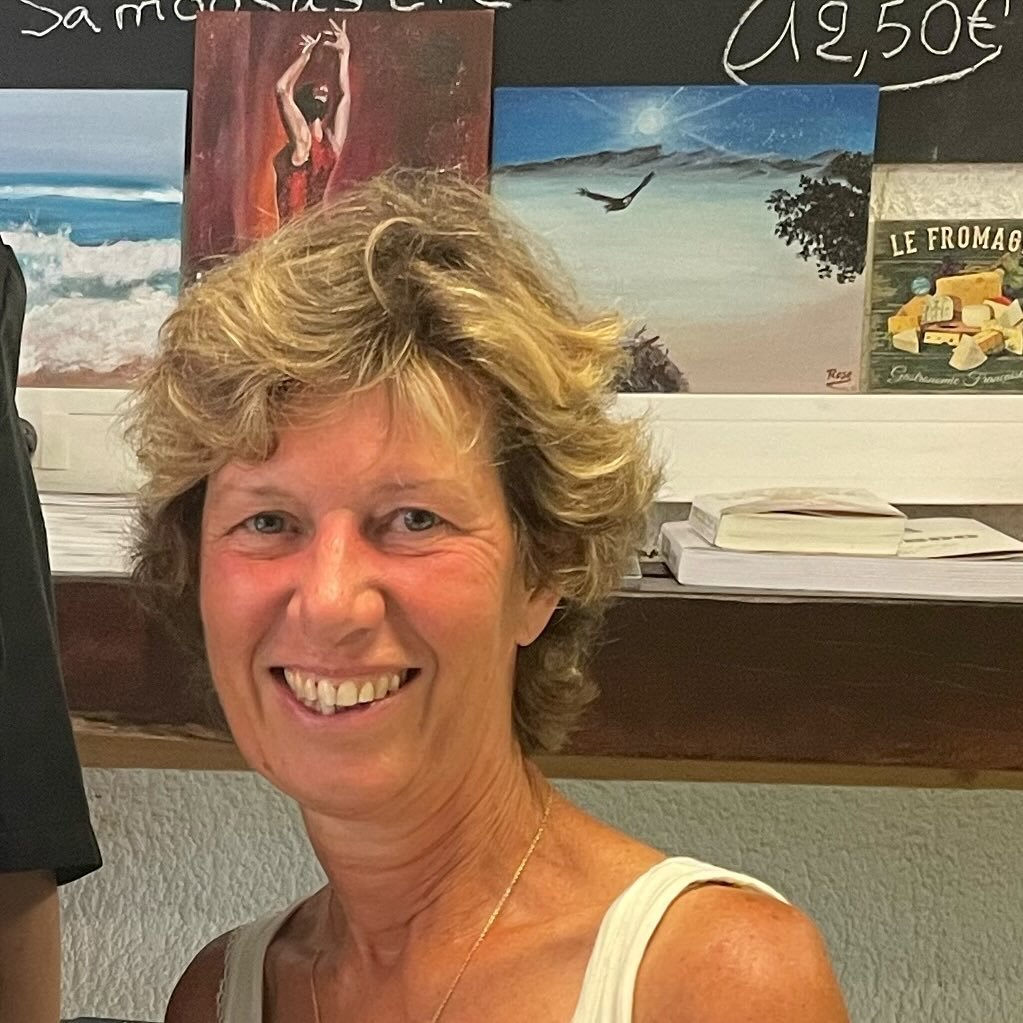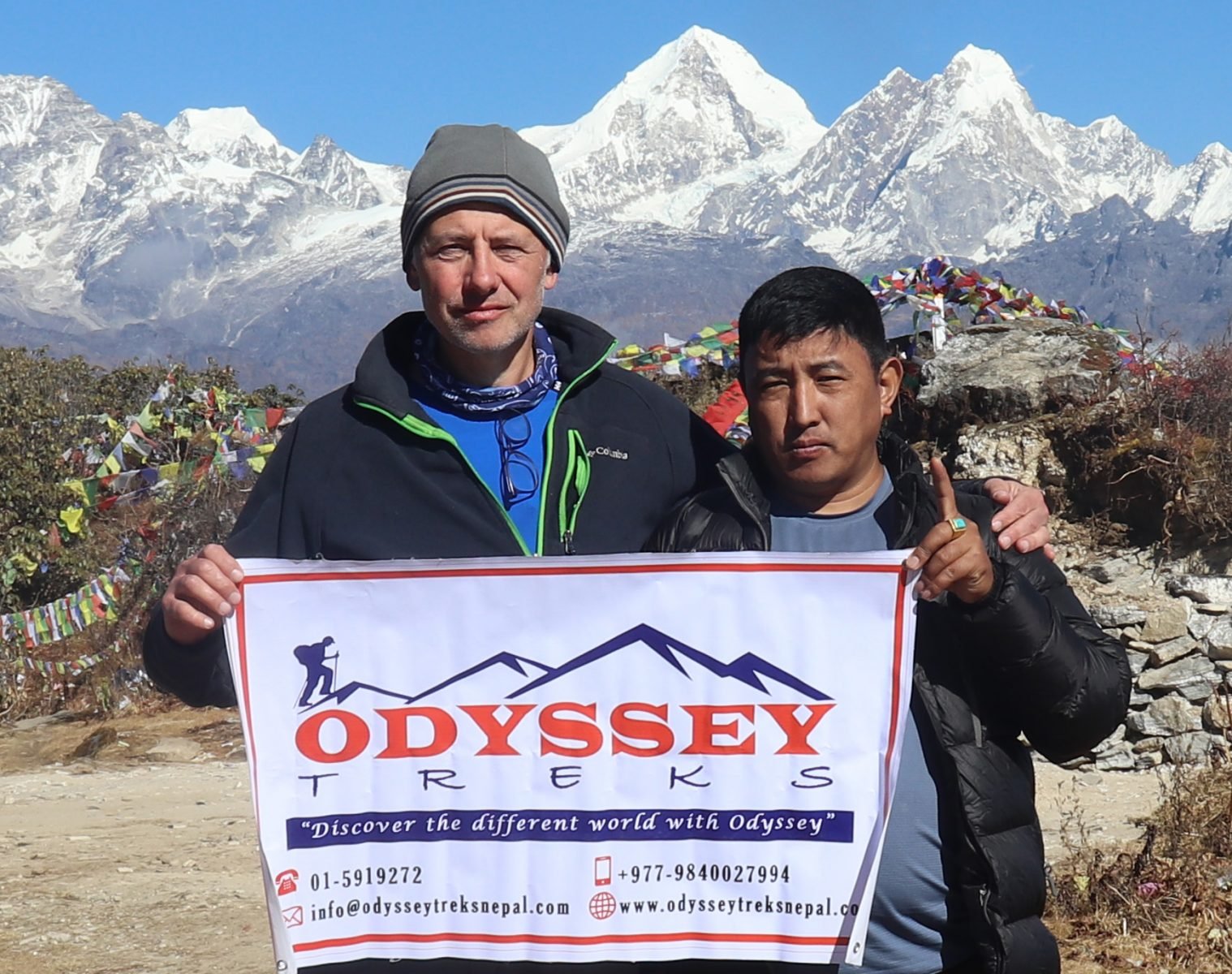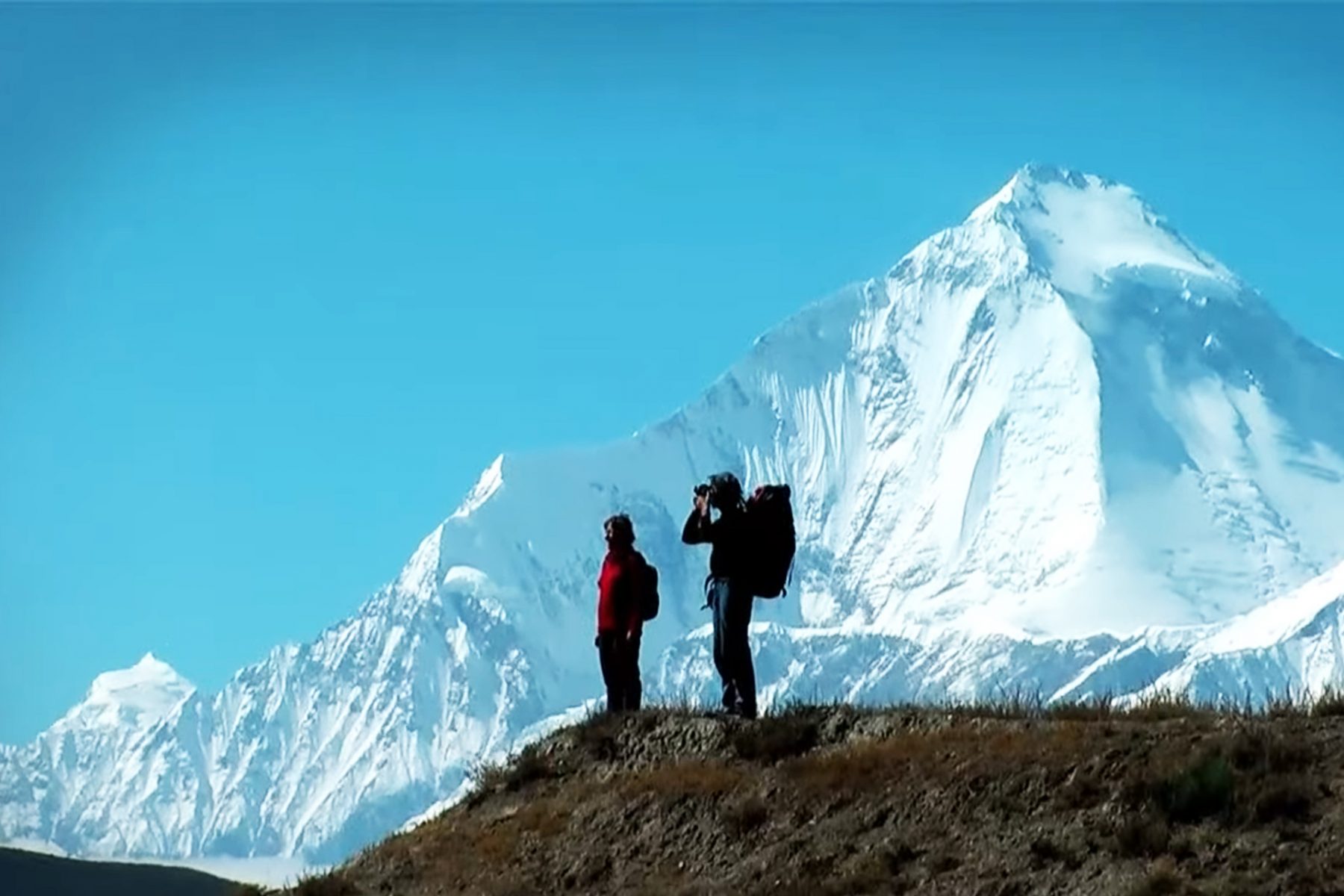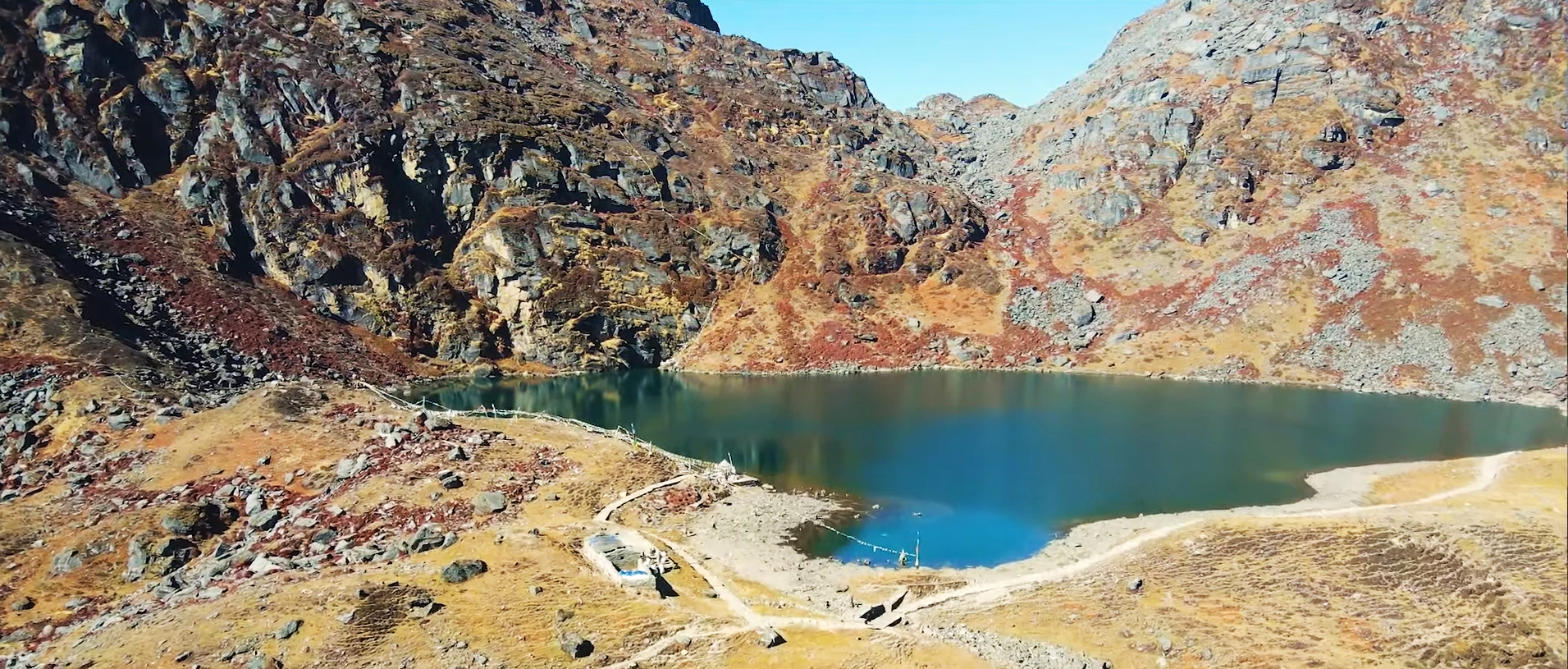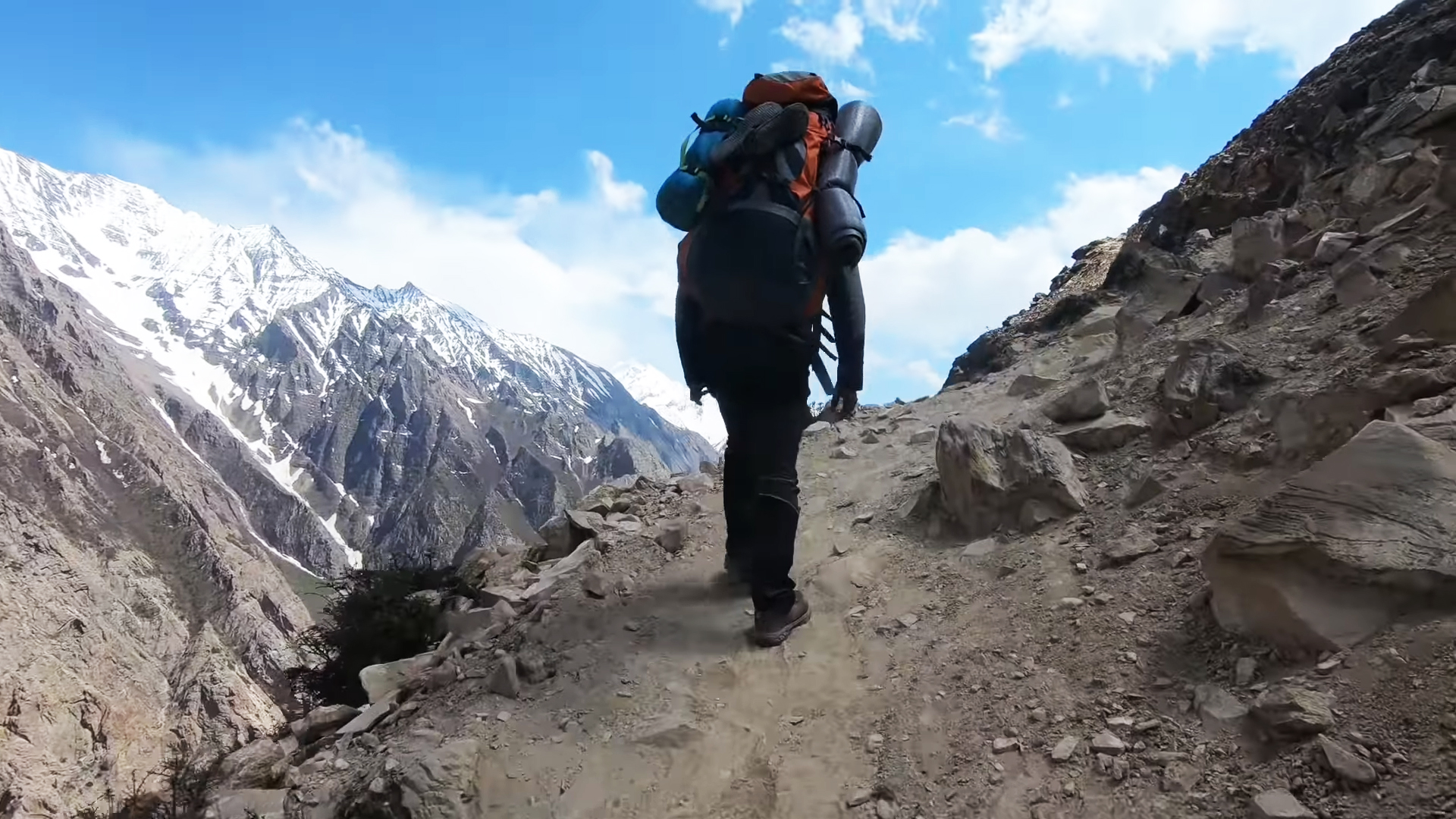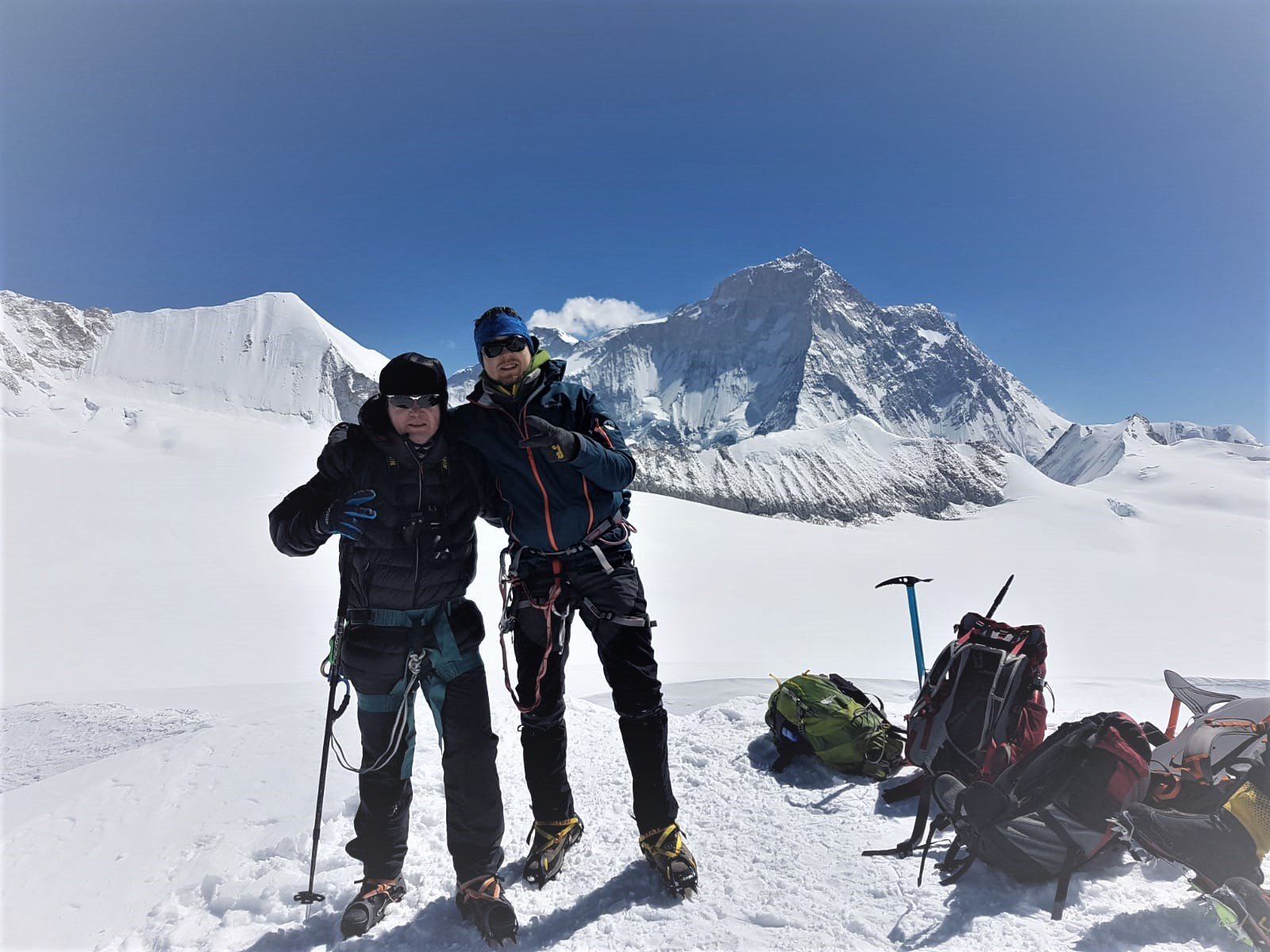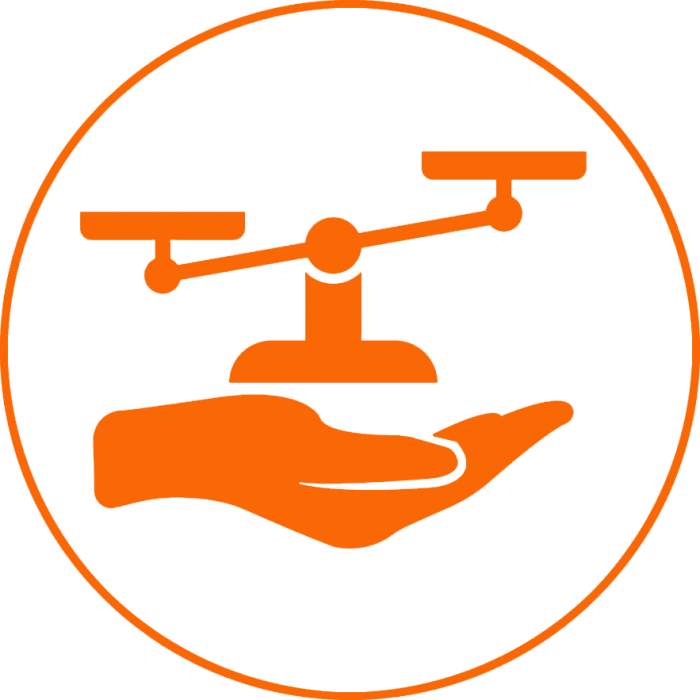Trip Overview
Introduction to the Api Himal Trek
Api Himal Trek, located in far western Nepal, is for hikers who want to visit remote and unexplored areas of Nepal. Fewer tourists visit this route compared to other trekking routes. This trek offers a good opportunity to explore the real wilderness of nature in western Nepal. This off-the-beaten trail also offers massive mountain views, beautiful forests, cultural diversity, rapid rivers, and mysterious culture. The Api Himal Trek is also called the Api Base Camp Trek.
During the Api Himal Trek, you can also enjoy beautiful mountain views of Api Himal (7,132m), Saipal (7,031m), Mt. Nandadevi (7,817m), Rajamba (6,537m), and Thado Dhunga Tuppa (5,368m). It is an adventure trek as well as popular among travelers interested in bird watching. There is a famous sacred lake, Kali Dhunga, in this area. This lake is just a short distance from Api Base Camp.
You may like to visit: Khopra Ridge Trek in just 11 days, Distance, Cost, Tek in Nepal, Map.
Api Himal is the highest mountain in the far western region of Nepal, with a height of 7,132 meters, and its main feature is the spectacular snowcapped view. The vast presence of rivers, flora, fauna, and endangered species of birds and animals in this area makes it one of the most diverse trekking destinations in Nepal.
An opportunity to learn about religion and tradition
Brahmin, Chhetri, Mahara, Bohora, Thekare, Jhakari, and Lohar communities live in this area, and their main occupation is agriculture. Generally, they have their own local language and culture, so they are not able to speak Nepali fluently. Most of the people in this region are Buddhists and Hindus. Far from modern civilization, the people of this region follow and preserve the traditions and culture of their ancestors. You can observe the lifestyle of the nomadic people of this area, who are known as Raute and used to live in caves.
The Api Himal Trek is a moderate-level trek, so good physical fitness is necessary to complete the trek. Autumn and spring are the best times for the trek. But we arrange trekking according to your wishes and holidays throughout the year. The Api Himal Base Camp Trek can be great if the traveler wants to go to a place where there are no crowds and not many tourists.
You may visit: Khopra Ridge Trek in just 11 days, Distance, Cost, Tek in Nepal, and Map.
Trip Itinerary
Fly Kathmandu to Nepalgunj – 1 hour.
Drive Nepalgunj to Mahendranagar – 4 to 5 hours.
Drive Mahendranagar to Gokuleshwor – 6 to 7 hours.
Gokuleshwor to Karkale (900 m) – 3 to 4 hours walk.
Karkale trek to Chiureni (1,100 m) – 7 to 8 hours walk.
Chiureni trek to Makarighat (1,800 m) – 7 to 8 hours walk.
Acclimatization at Makarighat.
Makarighat to Seti (2,800 m) – 7 to 8 hours walk.
Seti to Lawathi (3,000 m) – 4 to 5 hours walk.
Lawathi to Simar (3,300 m) – 6 to 7 hours walk.
Simar to Dhawaliwadar (3,800 m) – 5 to 6 hours walk.
Dhawalidwar to api Base Camp (4,100 m) – 2 to 3 hours walk.
Base Camp to Saheb Bagar (2,800 m) – 6 to 7 hours walk.
Saheb Bagar to Makarighat (1,800 m) – 7 to 8 hours walk.
Makarighat to Bitule (1,200 m) – 5 to 6 hours walk.
Bitule to Gokuleshwor (850 m) – 6 to 7 hours walk.
Drive Gokuleshwor to Mahendranagar – 6 to 7 hours.
Drive Mahendranagar to Nepalgunj – 4 to 5 hours.
Fly Nepalgunj to Kathmandu – 1 hour.
Why not list the price?
Each client's needs may be different. The price of the trip varies according to the size of your group and the service you want. The cost of the trip is calculated according to the type of service and accommodation chosen by our customers.
Each trip is customized to fit the client's needs and group size, so the price of each organized trip is different. Please let us know the service you want and the size of the group. We create trips to suit your taste and travel budget per your requirements. Hope you find our price calculation reasonable according to your needs and preferences.
Frequently asked questions about this trip
How difficult is the trek?
The difficulty depends on where and how long you want to trek. The short trek is easy while the long trek requires some physical fitness.
What is altitude sickness?
Altitude sickness is normally known as acute mountain sickness. This can happen when people rapidly climb up to an altitude of more than 3000 meters. We ensure minimal risk by adding rest to our trekking itineraries. Most people will feel some effects of altitude, some shortness of breath and possibly light headache, this is normal enough. Acute mountain sickness patients are quite different and usually have a serious headache, sickness, and lose awareness. In almost all possible cases there are sufficient warning signs to take action properly. Descending to a lower altitude is usually enough to prevent any further problems.
What type of accommodation is available during the trekking?
There are mainly tea houses and lodges available for trekking and they are usually made using local materials and are very comfortable. These accommodations are often family-run and usually provide single and double rooms. The dining room is on the ground floor and is often on fire. All food will be cooked in order in the family kitchen. Toilet facilities are sometimes separate and sometimes outside. Most lodges provide mattresses and blankets. It's a good idea to always have a sleeping bag, which can be useful, and perhaps an inflatable pillow.
How long do we walk every day on trekking?
Trekking programs are classified into three different categories: soft, moderate and hard. Soft treks are only about 7 days to 10 days in duration. They generally do not go above 4000 meters; you can expect to walk about 4-5 hours each day. Moderate treks are challenging enough and long treks that go to the high hill country. Physically exhausting, this involves trekking along the cliffs of the mountains for about 6-8 hours. Harder treks are longer treks that go farther away from the general abode of trekkers and tourists. These physically challenging treks involve walking for 7- 9 hours each day.
How much weight do I need to carry on the trek?
You carry some of your personal belongings, such as warm clothing, water, snacks, sun block, cameras and more. Generally, these items will be lightweight, from 5 to 10kg (10 to 20 pounds). Our porters are available for other heavy goods and for your information one porter would be sharing by two people. The maximum weight carried by one porter is total 20 kg. this means 10 kg. per person is allowed for the trek. In case if you wish to carry more than this weight then you need to hire additional porters.
What is the best time for trekking in Nepal?
October and November are considered as the best times for trekking in Nepal due to dry season. December and January are also considered good times for trekking but it is extremely cold at high altitudes.
Google Reviews
Guest reviews
Thank you a lot for your organization about my trek. It was a superb experience; all was perfect. Karma is a very nice person and a good guide. I appreciated trekking with Odyssey (a reliable Nepal trek operator). If I come back to Nepal, I will be happy to...
Have just returned from my fourth trip to Nepal and as always Odyssey Treks organized everything superbly. We visited Makalu relatively late in the season and were rewarded with empty trails and amazing weather. Karma was as entertaining, friendly, and informative as ever along with Ang Dawa Sherpa who...

